ICYMI: Bipartisan Group of Senators Warn That Looming Trade War Threatens Farm States
“Automobiles and agriculture are almost always the first things where we get retribution. Those happen to be two of the things we’re really good at”
(BISMARCK, ND) – The president’s plan to use tariffs on steel and aluminum to pressure China, Canada, Mexico and the European Union into making better trade deals doesn’t appear to be working, according to a recent editorial reprinted in the Bismarck Tribune. In fact, the administration’s blustering threats and stern language has brought the United States closer to a global trade war that would likely treat America’s farm states as collateral damage.
Unwilling to ask their constituents to tighten their belts for the sake of the president’s pride, farm-state Republicans are pushing back on the administration’s ill-advised trade policy. Senate Republicans from John Hoeven to Chuck Grassley to John Thune are lining up to protect their states from these harmful policies. Even the White House Council of Economic Advisers, the U.S. Chamber of Commerce and the National Association of Manufacturers have come to the conclusion that tariffs will hurt economic growth. Kevin Cramer, on the other hand, hasn’t shown the courage to stand up to the White House. After deleting his tweet in support of North Dakota’s farmers, Cramer has fallen in line, supporting the president’s plans at the expense of North Dakotans.
While Cramer dismisses the economic anxiety of his constituents as hysteria, Senator Heitkamp is rolling up her sleeves and getting to work. Heidi is reaching across the aisle to team up with Tennessee Senator Bob Corker to introduce legislation that would ensure that the voices of farmers, ranchers, and small business owners in North Dakota and other rural states would be heard before Washington dives head-first into a trade war.
Highlights from the editorial below:
Bismarck Tribune via St. Louis Post-Dispatch: Trade moves may backfire on president
-
…China made it clear to U.S. negotiators over the weekend that it won’t be threatened into buying more U.S. goods. Also over the weekend: Leaders of the six other G-7 nations meeting in Canada rebuked the U.S. for using bogus “national security” concerns to levy tariffs on its allies, saying such tariffs “undermine open trade and confidence in the global economy.”
-
That’s stern language by international norms. It means a global trade war that will devastate large parts of the U.S. economy is edging closer.
-
Trump’s approach appears to be driven by whim. He announced the steel and aluminum tariffs in March, then backed off. Now they’re on again. He threatened trade war with China all spring, then two weeks ago Treasury Secretary Steve Mnuchin said things were “on hold.” Now they’re on again, though U.S. markets appear to be betting Trump will back off. Ginning up uncertainty is no way to run an economy.
-
Any retaliatory tariffs on U.S. agricultural products will be disastrous, as farm state Republicans quickly pointed out. “This is dumb,” said Sen. Ben Sasse, R-Neb. “Europe, Canada and Mexico are not China, and you don’t treat allies the same way you treat opponents.” Even Missouri Republican Sen. Roy Blunt, who is usually loath to criticize the president, chimed in. “We have a lot more people dependent on getting steel for the jobs they have than people that make steel,” Blunt said last Thursday in Kansas City.
-
Trump doesn’t seem to care that far more U.S. workers benefit from free trade than benefit from higher tariffs. He has said American farmers are “patriots” who won’t mind getting hammered by high tariffs. By one estimate, a trade war would cost the average U.S. family $210 a year, wiping out most benefits of the tax bill passed last December.

